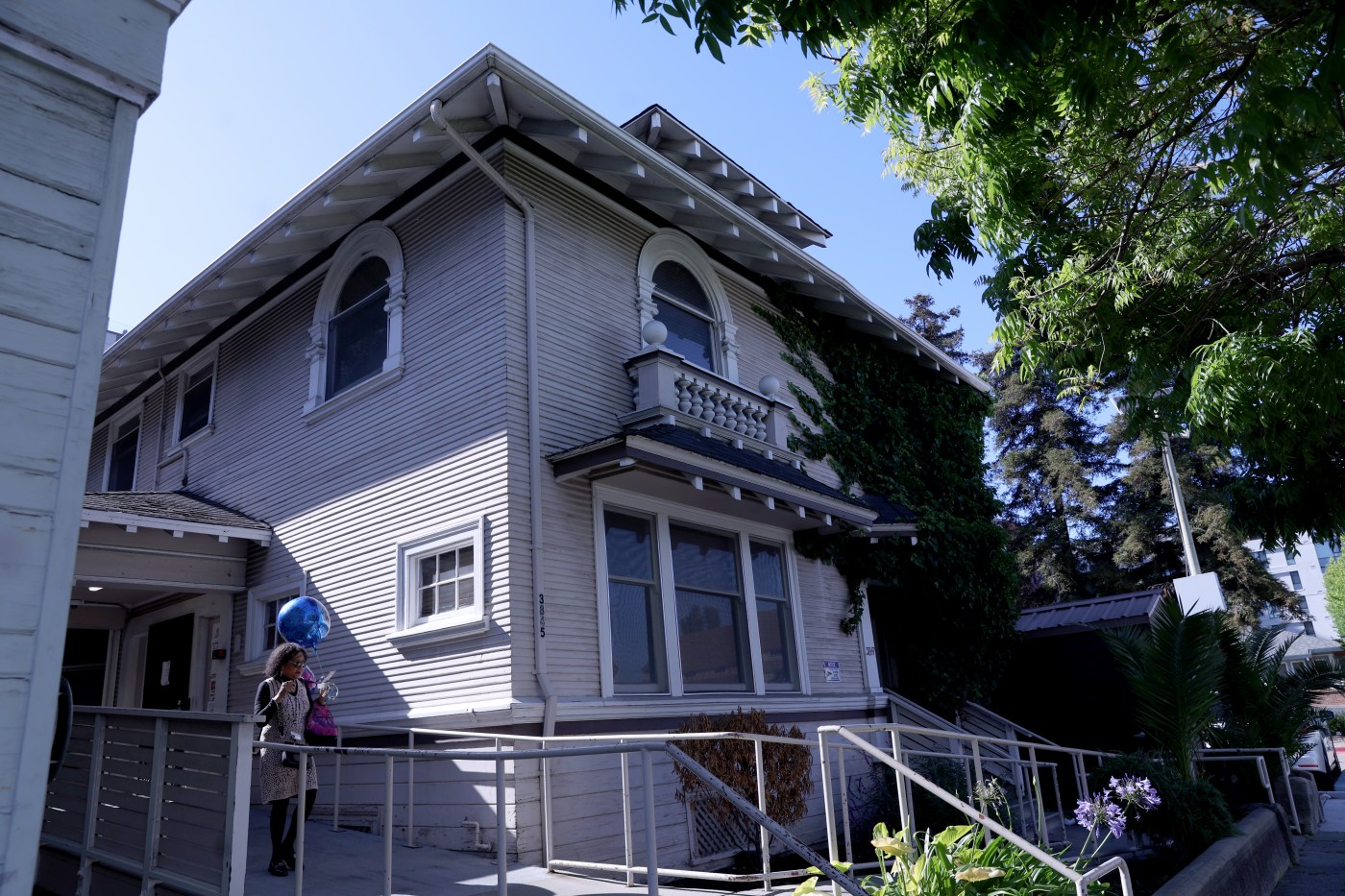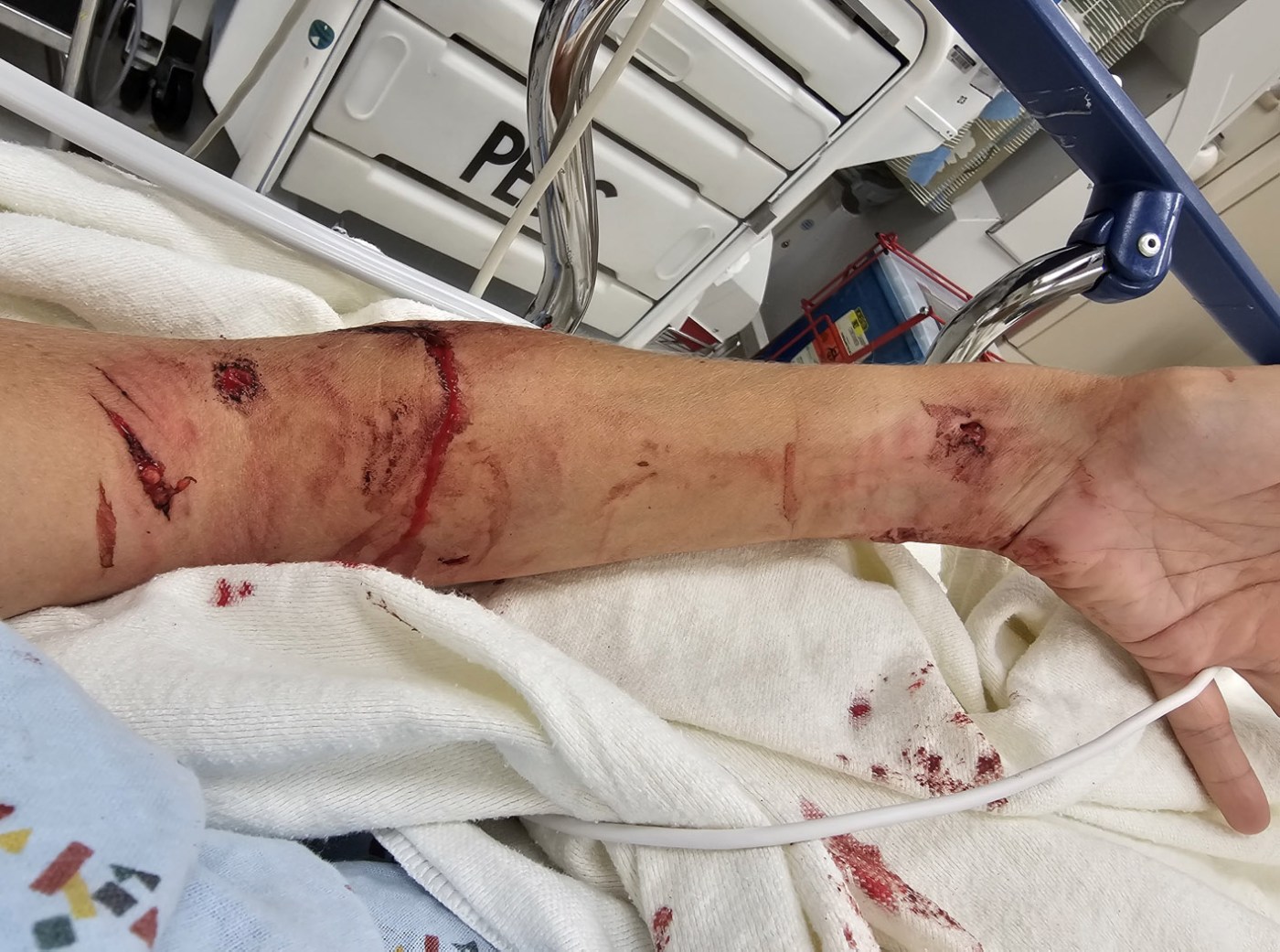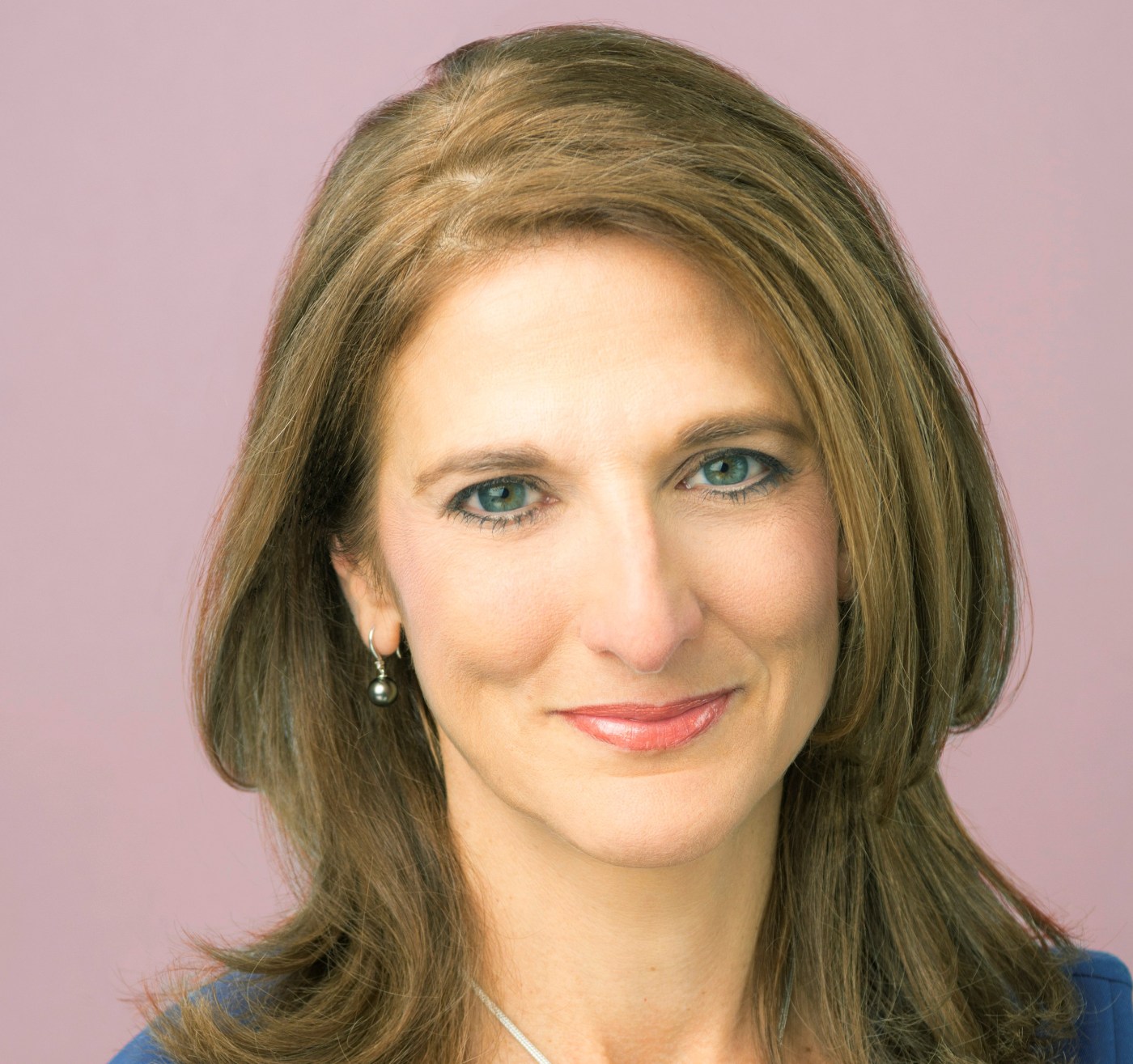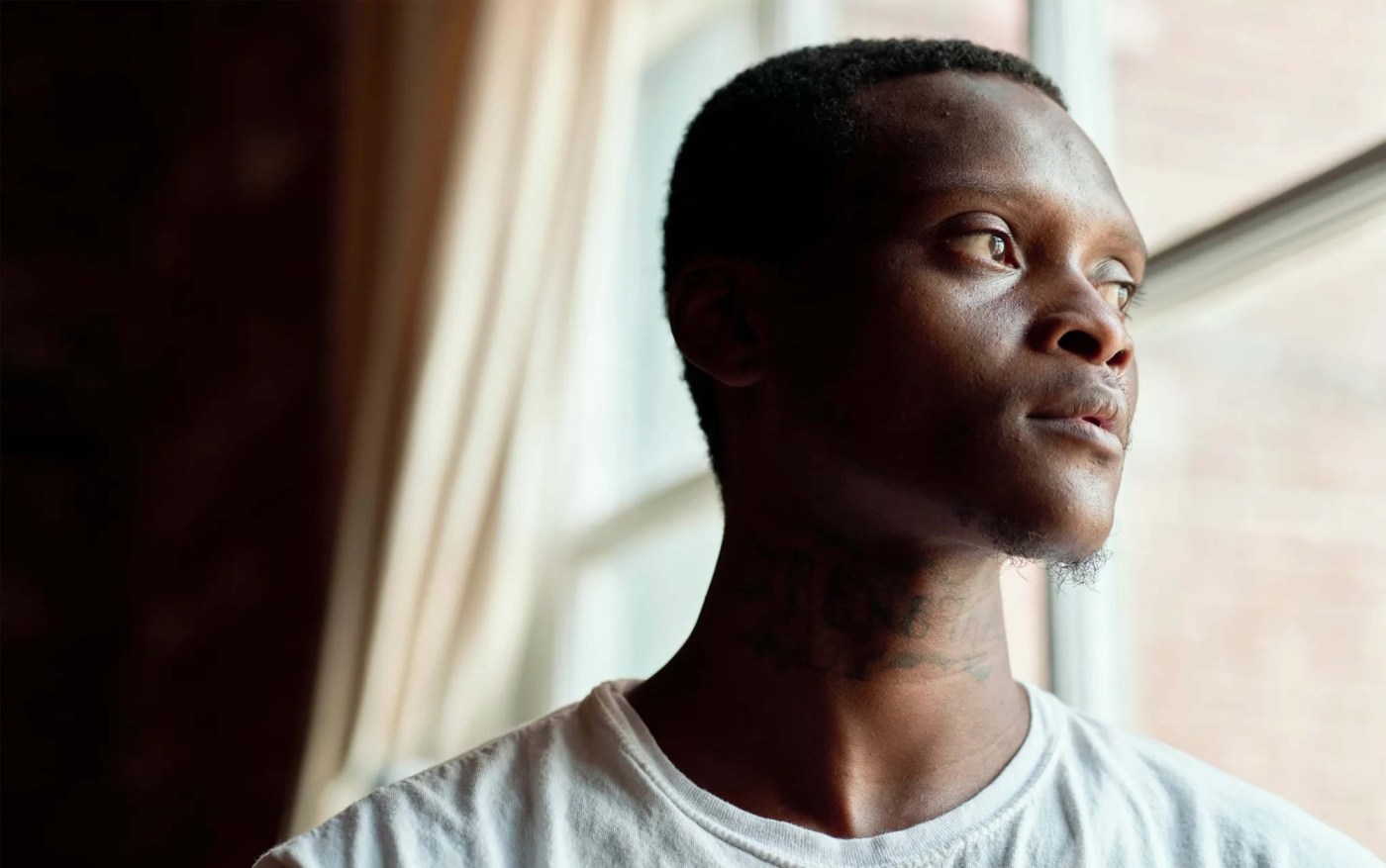A year after California voters approved a huge bond to build more treatment centers for people wracked by addiction and mental health conditions — including those living in tents and campers — Gov. Gavin Newsom on Monday announced $3.3 billion in grant funding for more than 120 projects statewide.
That includes funds to build 19 facilities in the Bay Area, which will help close a critical shortage of behavioral health treatment programs as need continues to soar. The grant awards are the first major use of Proposition 1, a $6.4 billion bond pitched by Newsom that barely earned approval by a majority of voters in March 2024.
At a news conference on Monday, Newsom said the funding marks a pivotal moment in California history to address behavioral health crises and homelessness, which he called “the issue of our time.” This first phase of grants was only awarded to organizations that proved they could quickly stand up new treatment centers in several years, he said.
Related Articles
Why do Bay Area homeless people turn down shelter beds?
Nearly a quarter of people on long-acting opioids develop addiction
California launches $24 naloxone accessible to state residents online
Californians can now buy opioid reversal drugs from the state online
Bay Area lawmaker aims to prevent fatal overdoses, lower stigma at California colleges
“We’re not taking our time,” Newsom said. “We’re addressing this crisis with that sense of urgency that you deserve.”
At the same conference, the governor called on local governments to effectively ban encampments and sweep dangerous camps faster. Cities throughout the Bay Area have recently restricted camping, including San Jose, Berkeley and Fremont. But Newsom stopped short of actually requiring local governments to do so.
In Contra Costa County, health officials won $98 million in Prop. 1 funds to build two new residential treatment facilities with a combined 48 new beds in Pleasant Hill and Oakley. They also plan to build a new center with “crisis triage” and substance withdrawal services in Pittsburg.
In the southern Santa Clara County town of Gilroy, the nonprofit HealthRight 360 will receive $21 million to build a facility with 60 beds for addiction, mental health and withdrawal treatment.
HealthRight 360 President Vitka Eisen said at the news conference that the funds will set up the new facility in Gilroy and another in Ventura County that together will treat 1,000 people per year. At a rehabilitation center, the atmosphere of the facility itself matters, she said.
“How that individual is greeted, or what that space looks like and feels like, plays a critical role in determining whether they stay and become engaged in care,” Eisen said of patients. “That is why these Prop 1. infrastructure projects are so critical.”
Other local cities that will see new treatment centers include San Francisco, San Jose, Oakland, San Rafael, Napa, Hayward, Concord and Morgan Hill.
In Oakland, the nonprofit Horizon Treatment Services won $23 million to replace a pair of aging Victorian buildings that currently house a small residential program treating women with addictions and mental health conditions. The new site, expected to open in two or three years on the condition that the City of Oakland approves its permits, will be an integrated detoxification and residential treatment center with about 100 beds that can serve up to 10,000 people a year, according to Jaime Campos, Horizon’s chief executive officer.
“We’re pretty much dancing in the streets if you ask the Horizon leadership about it,” Campos said in an interview. “This is a momentous opportunity to leverage the state investment in the system of care and beautify our facility.”
Statewide, the new grant awards will build 5,000 new inpatient treatment beds and nearly 22,000 new outpatient spaces within several years, according to Newsom’s office. A 2021 study estimated that California had a shortage of roughly 7,730 treatment and residential care beds.
At the news conference, Newsom said that grant reviewers rejected applications that weren’t “launch-ready.” As conditions to receive the funds, the grant recipients have to prove that they can quickly complete the permitting and construction process. To speed that up, all of the approved projects are exempt from the California Environmental Quality Act — a feature of the proposition that voters approved last year, according to Newsom. The premier environmental law has become notorious for tanking construction projects.
Nonprofits such as HealthRight 360 and Horizon Treatment Services must also chip in 10% of the grant amount in their own funds. For Horizon’s planned center in Oakland, that pencils out to about $2.3 million.
Horizon purchased the pair of century-old homes that house the rehabilitation for women in the 1990s, Campos said. Over the years, the nonprofit didn’t have the funds for major repairs or upgrades — a familiar story for many addiction treatment clinics and rehabilitation centers. Staff have to limit the size of group counseling meetings because rooms aren’t big enough, and in one of the homes, the apartment-style layout makes it hard to keep an eye on patients and make sure they aren’t trying to escape, Campos said.
“You’re left with a quality that is obviously in disrepair and needs to be beautified,” Campos said.
The new center will offer integrated services, starting with the front line of behavioral health treatment for people with severe alcohol or drug addictions: a 28-bed sobering center where they can safely transition off of substances fast — at most sobering centers, that’s usually within a few hours or a day. At two other sobering centers that Horizon operates, including one in San Leandro, about 70% of patients say they’re homeless, Campos said.
Newsom called on local governments to quickly approve the siting and permits for these new proposed treatment centers. Cities and counties often face backlash from neighbors when considering where to locate treatment programs and services for homeless residents.
“This was, again, all that we promised and promoted,” Newsom said. “The final piece now is local permits, and getting these construction projects, rehab projects, moving.”





